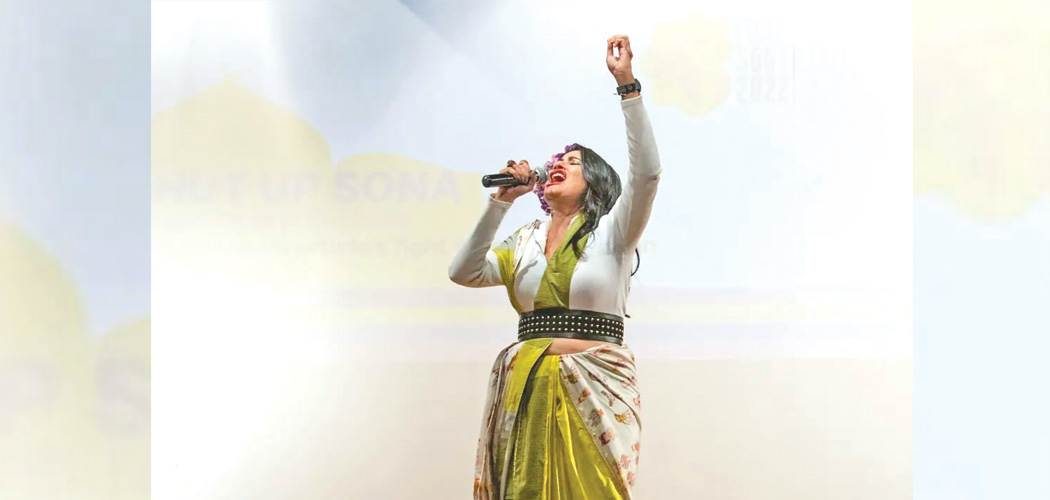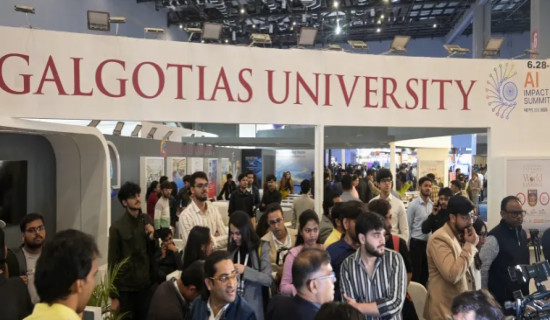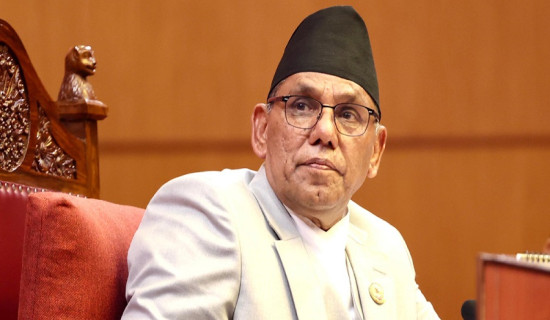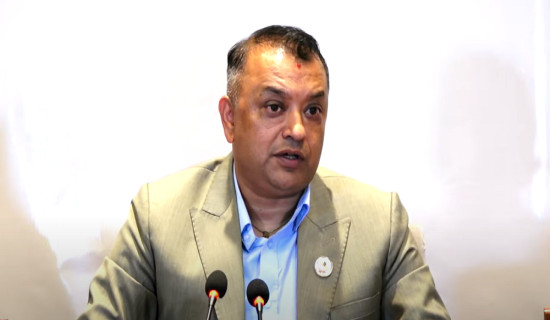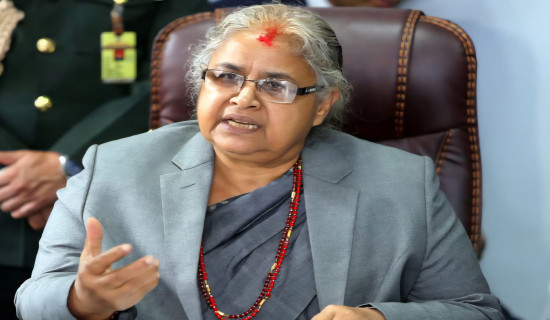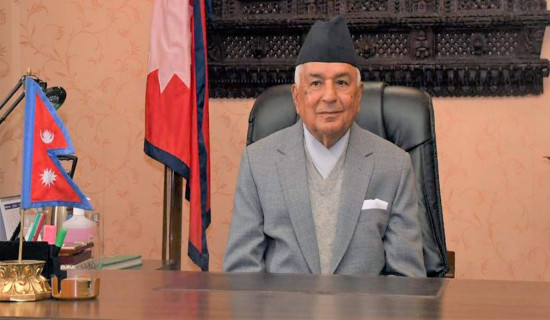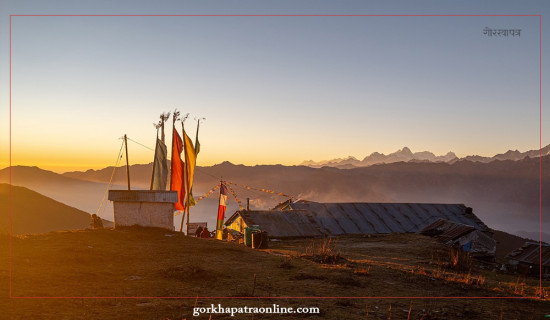- Thursday, 19 February 2026
Film Southasia kicks off
By Aashish Mishra
Lalitpur, Apr. 23: South Asia is an incredibly diverse region. It is home to eight countries, one-fourth of the world’s population, many religions, countless cultures and an incomprehensibly large number of languages. But from this diversity stems a unique unity – a Nepali looks no different from a Bangladeshi, an Indian will be able to convey himself quite understandably to his Pakistani peers and hardly will there be a South Asian ear that will not relate to the experiences an Afghan may share.
South Asia is united in its diversity and diverse through its unity – an abstract concept at the first glance but one evidenced by the stories being screened at the Film Southasia (FSA), the biennial festival of documentaries that opened in Lalitpur on Thursday. The four-day festival is scheduled to showcase 71 films from eight countries of the subcontinent at Yala Maya Kendra and Patan Secondary School, Patan Dhoka.
The festival, which is celebrating its silver jubilee this year, is an important platform that highlights the importance of documentaries in the sphere of public media, said Minister for Communication and Information Technology Gyanendra Bahadur Karki, during the formal opening of Film Southasia at Kamalmani Theatre on Thursday.
“Documentaries provide a window into the challenges of society and by showing them to an audience, FSA offers us all a chance to understand South Asia,” he said.
Minister Karki hoped the festival would convey a message to the region that Nepal was open for tourists and reiterated the government’s unequivocal commitment to democracy and the freedom of expression. “The Government of Nepal is committed to maintain Nepal as an open society where ideas are not bound and expressions are not restricted,” he said to a room that rung out in applause.
Nepal has hosted all 13 iterations of the festival over its 25-year history. This year, in the words of FSA director Mitu Varma, the festival brings forth a vast range of stories and subjects to celebrate the fact that we all have lived to tell the tale of the perilous peak of the pandemic, to bear witness to the extraordinary times and retained in the vast diverse population of the region, the empathy to tell stories with optimism and faith in the essential humanity inherent in all.
FSA Chairman Kanak Mani Dixit also spoke on the occasion and exclaimed dissatisfaction with the fact that the term ‘South Asia’ did not make anybody nervous. “This is a failure on our part,” he said. “Because South Asia is not a romantic notion, it is a notion for social justice, for inclusion. It is a concept that transcends the nation state.”
Dixit also called Kathmandu the present capital of South Asia and building on Minister Karki’s point about open society he stressed, “Nepal must remain open, not just for the sake of Nepalis but for all of South Asia.”
During his remark, Dixit noted that “South Asia is here.”
Looking at the filmmakers and audience gathered at Kamalmani Theatre on Thursday, one would certainly agree with Dixit.

